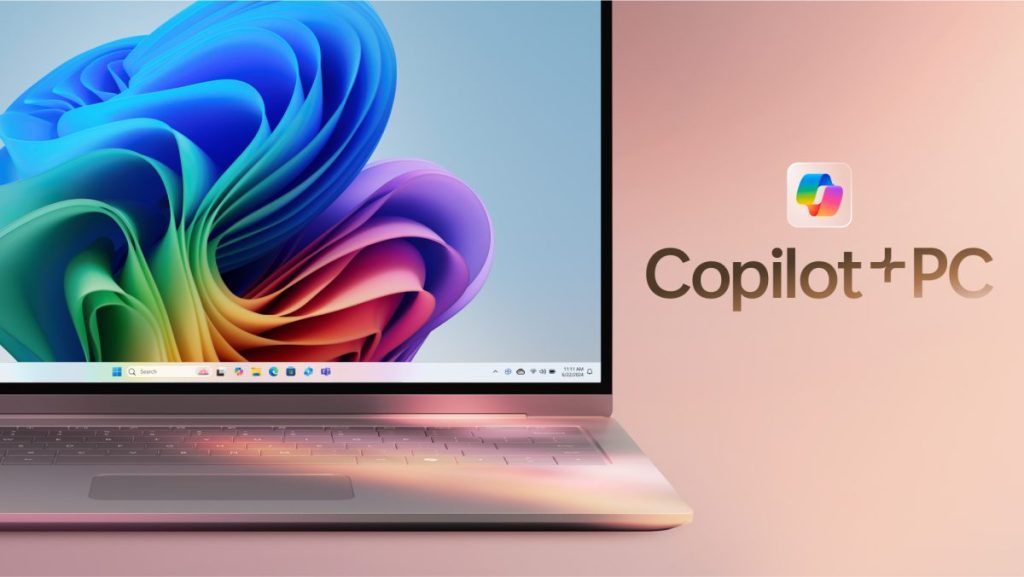The rivalry between Microsoft and Apple has been ongoing for decades, with both companies targeting similar audiences. Recently, Microsoft has highlighted its competition with Apple by claiming superiority in laptop performance. Following Apple’s successful transition to its custom M-series chips, particularly the M3 MacBook Air, Microsoft aims to assert its position in the market. In a recent advertisement, Microsoft boldly states, “we’re faster than a Mac,” specifically referencing the M3 MacBook Air released over a year ago.
Performance Claims: Microsoft vs. Apple’s M3 MacBook Air
Apple launched its M4 MacBook Air earlier this year, which showcases enhanced capabilities compared to the M3. Additionally, the M4 Pro and M4 Max chips feature in Apple’s latest 14-inch and 16-inch MacBook Pro models, pushing performance boundaries further. Microsoft’s ad strategy appears to spotlight its top-tier Windows laptops while engaging in comparisons against Apple’s entry-level offerings.
In the promotional content, Microsoft claims that its optimal Windows devices, branded with Copilot+, outperform the M3 MacBook Air by 58% in multi-core performance, according to Cinebench 2024 benchmarks. The comparison is rooted in performance data available as early as May 2024, which raises questions about the relevance of such a comparison against newer models.
While the focus is on the M3 MacBook Air, Microsoft’s fine print refers to some Copilot+ PCs that reportedly exceed even the performance benchmarks of the M4 MacBook Air. This assertion is based on the same Cinebench 2024 results and includes comparative analysis with other devices, such as the Lenovo Yoga Slim 7x featuring Qualcomm’s Snapdragon X Elite and HP’s OmniBook Ultra 14 equipped with AMD’s Ryzen AI 9 HX 375.
Despite Microsoft’s claims, it is important to acknowledge Apple’s advantages. The company is recognized for its performance-to-watt efficiency, providing robust computational power while consuming less energy. Additionally, MacBook Air models are designed without fans, ensuring silent operation during use. The M4 Pro and M4 Max chips represent a significant leap in performance, yet these did not feature in the advertising comparison. Ultimately, the choice between Windows and macOS will depend on individual user preferences.

